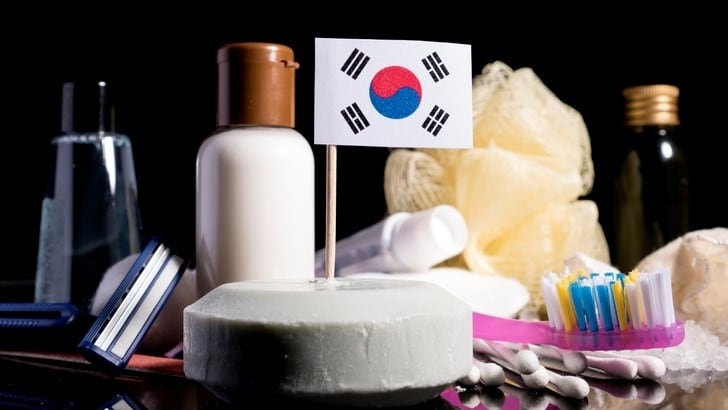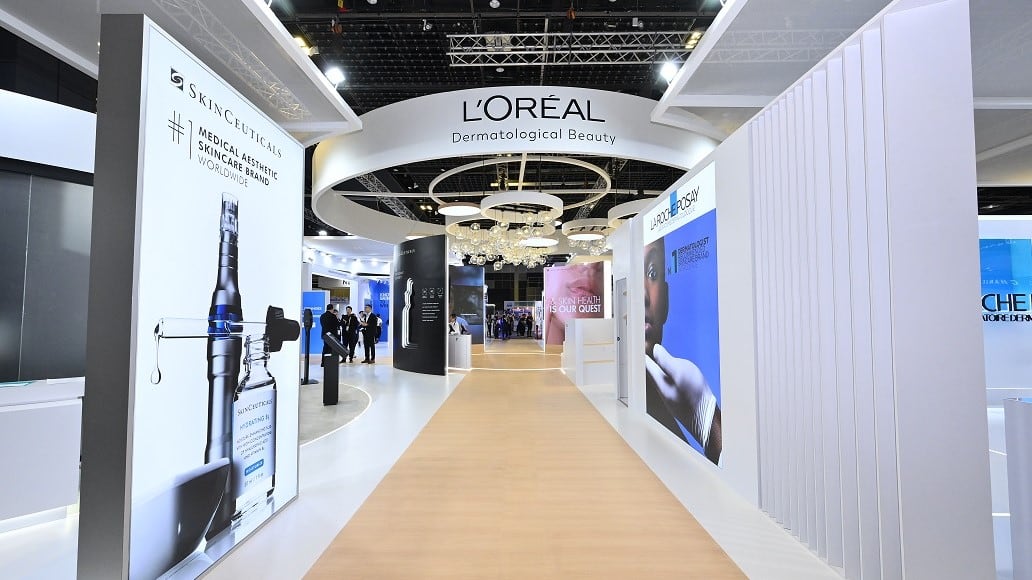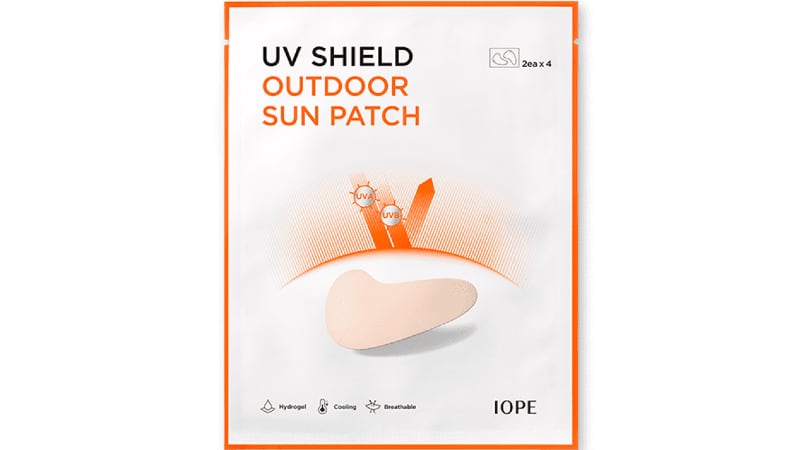Etude House, Nature Republic, Skinfood and Tony Moly are familiar names to any beauty aficionado. Over a decade ago, these brands were the hottest beauty brands in a market that was quickly becoming dominated by South Korean players.
These brands introduced us to the fun and innovation of K-beauty but had since been become lost among the wave of intense competition from new brands.
“In the past five, six years, these brands have been considered uncool,” said Odile Monod, a Seoul-based K-beauty expert and founder of The Monodist, which has worked with companies such as Amorepacific, Olive Young, as well as Korea’s Ministry of SMEs and Startups.
The decline of these brands is often attributed to the Terminal High Altitude Area Defense (THAAD) crisis, which agitated China-South Korea ties and led Beijing to ban tour groups to South Korea.
Chinese tourists were major consumers of Korean beauty products, and their reduced numbers resulted in a drop in sales for the beauty industry.
Emphasising brand values
Monod has observed the remarkable resurgence of these first-generation K-beauty brands. This has also been noted by leading Korean health and beauty chain, Olive Young.
It singled out Skinfood’s Carrot Carotene Calming Water Pad, which had made it to the top of their rankings, beating out brands like COSRX, Mediheal and Abib.
“Skinfood was on the brink of bankruptcy just a few years ago. And now if you look at the sales data, they are doing exceptionally well,” said Monod.
According to Monod, Skinfood’s revival could be traced to brand’s appearance on Nego King, a Korean reality show.
“During this segment, Skinfood’s CEO talked about the ethics and values of the brand, and why he didn’t give up on the brand even though it was doing so badly over the last five, six years.
“I remember when the show aired, Skinfood went viral on Korean social media and the Skinfood website was down for three or four days. In the end, promoting the values of the brand rather than promoting a single product was a great business strategy that worked for the long-term.”
Right product, right time
Another familiar name that has been making waves is Nature Republic.
Monod attributed the company’s newfound success to the reinstatement of CEO Jung Woon-ho. Jung was forced to step down for his connection to the bizarre political saga and later impeachment of former president Park Geun-hye.
“Regardless of political affiliation, Park is a great businessman and knows the market. One of the first things he did when he was reinstated as CEO was push out a lipstick that really resembles Clinique’s Black Honey. It was the right product at the right time. Everyone was wondering about the hype over Black Honey on TikTok and Clinique doesn’t sell Black Honey in Korea.
“This really opened the door for all the other launches and the brand is doing better than ever now.”
Playing on nostalgia
Another brand that has done well to pick up on trends is Etude, formerly Etude House.
The Amorepacific-owned firm has been shedding its cutesy, princessy image and has partnered with young celebrities to convey a youthful and contemporary image.
Furthermore, Etude has been doing well to pick up on the latest trends.
“Right now, the major trend in Korea is Y2K, so anything that reminds people of that era is doing exceptionally well – like NewJeans in K-pop. Etude is probably the most representative brand of that era, and they are definitely playing with that nostalgia element in their product launches,” said Monod.
Moving forward, we can expect the rise of first-generation K-beauty brands to continue, said Monod.
“Now that Korea is open to tourism, there will be a big flood of foreigners who used to be familiar with these brands. That will eventually bring them more business and they will become even more successful in the future.”





